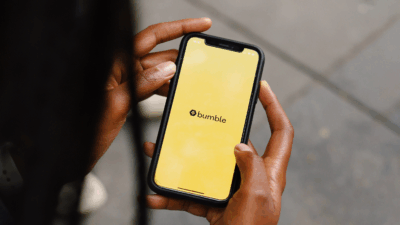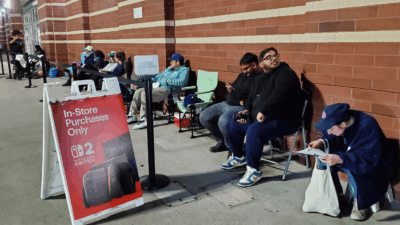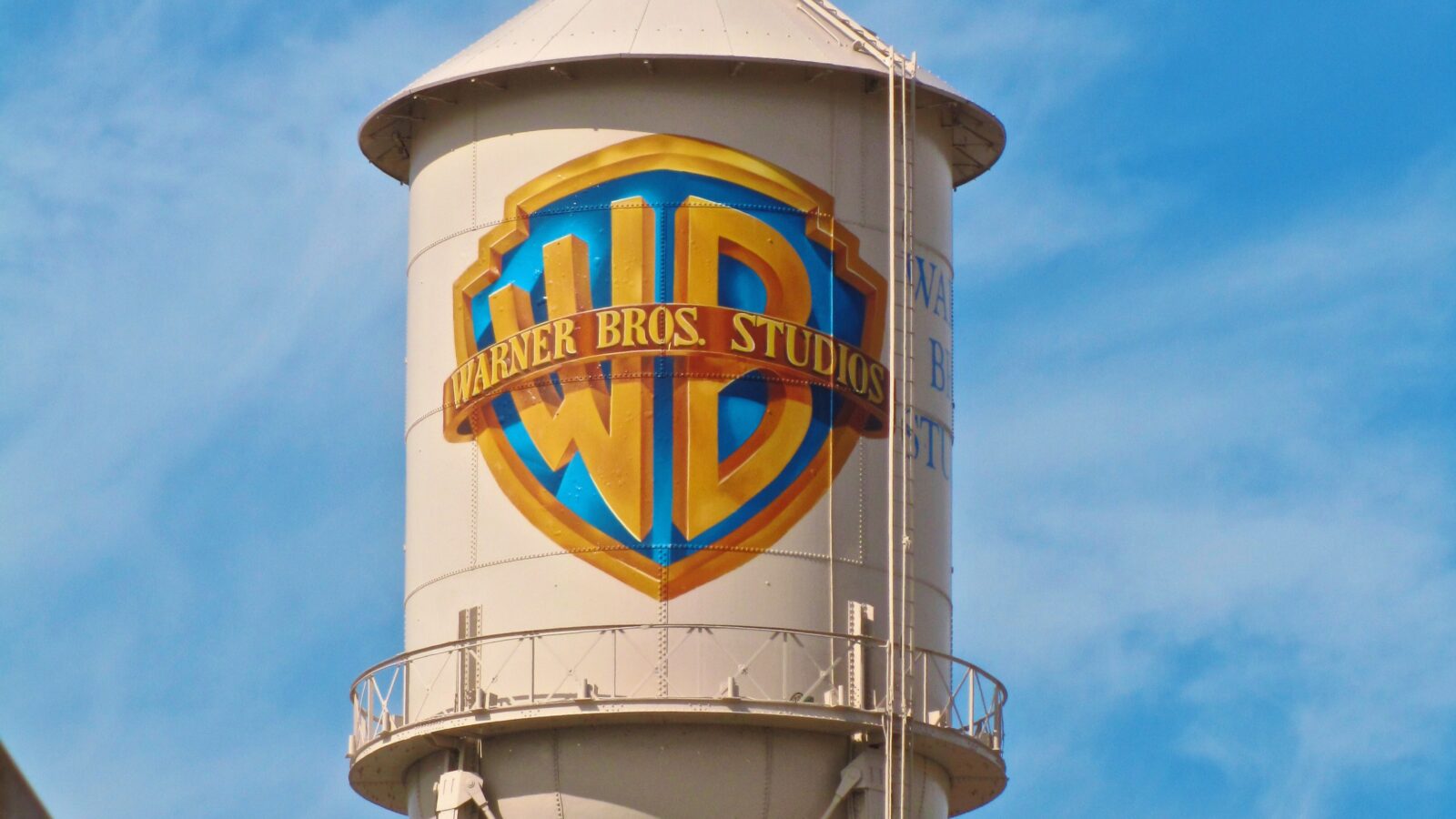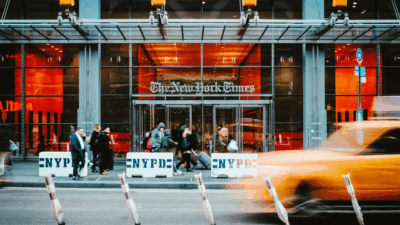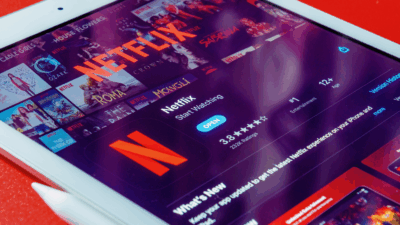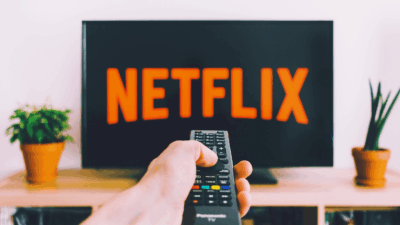Whistleblower Sheds Light on Facebook’s Mischievous Attempts to Soften Australian Law

Sign up for smart news, insights, and analysis on the biggest financial stories of the day.
In October, The Wall Street Journal published a blockbuster investigation of Facebook’s troubling internal practices, based in large part on documents and files surfaced by employee whistleblower Frances Haugen.
On Thursday, yet another bombshell, courtesy of a Facebook whistleblower, surfaced in the WSJ. The report detailed the social media giant’s beyond-ruthless efforts to maintain the internet status quo as first-of-its-kind legislation in Australia threatened to fundamentally reshape the platform’s relationship with news publishers.
Unfriended
As the Australian Parliament prepared to vote on the law — which would require tech giants like Google and Facebook to negotiate contracts with news outlets for their content to appear on their platforms — Facebook unsurprisingly sought to sway the process for a more favorable outcome. But the tech giant didn’t just rely on tried-and-true lobbying strategies. Instead, Facebook threw its entire weight behind a massive punch and blacked out all news content in the country. You want us to pay for news? How about no news at all?
What’s more, it wasn’t just links and pages belonging to The Sydney Morning Herald or News Corp’s The Herald Sun that got the digital ax. All sorts of information shared on the site earned a ban, from fire and rescue links posted by emergency services (amid an especially destructive fire season), and links about the Covid vaccination rollout posted by public health departments. Facebook chalked up the wide-scale ban to an algorithm snafu. Yet, according to WSJ’s whistleblower report, leadership knew full well the extent of its ban, and slow-walked the remedy process. Internally, the hardball negotiation tactic was celebrated as a “masterstroke,” as it apparently helped Facebook earn some key late victories:
- Eleventh-hour changes to the legislation freed Facebook from being forced to negotiate fair payment deals with all news publishers. Instead, Facebook could remain free from the government code so long as it strikes a sufficient number of deals with news publishers (sufficient, in the eyes of the nation’s Treasurer, at least).
- Facebook quickly entered advanced negotiations with several publishers, though its first action after earning the concession was to manually unblock the Australian government’s Facebook page. Facebook says it “took action shortly after” the government flagged the blocked page.
Round Two: In early April, Canada introduced a similar piece of legislation — including an arbitration process that would likely give publishers a negotiating edge. Meanwhile, comparably-designed draft legislation began circulating through both chambers of the US Congress in April, WSJ reports. If the latest whistleblower report is any indication, Meta won’t let either bill pass so easily.

